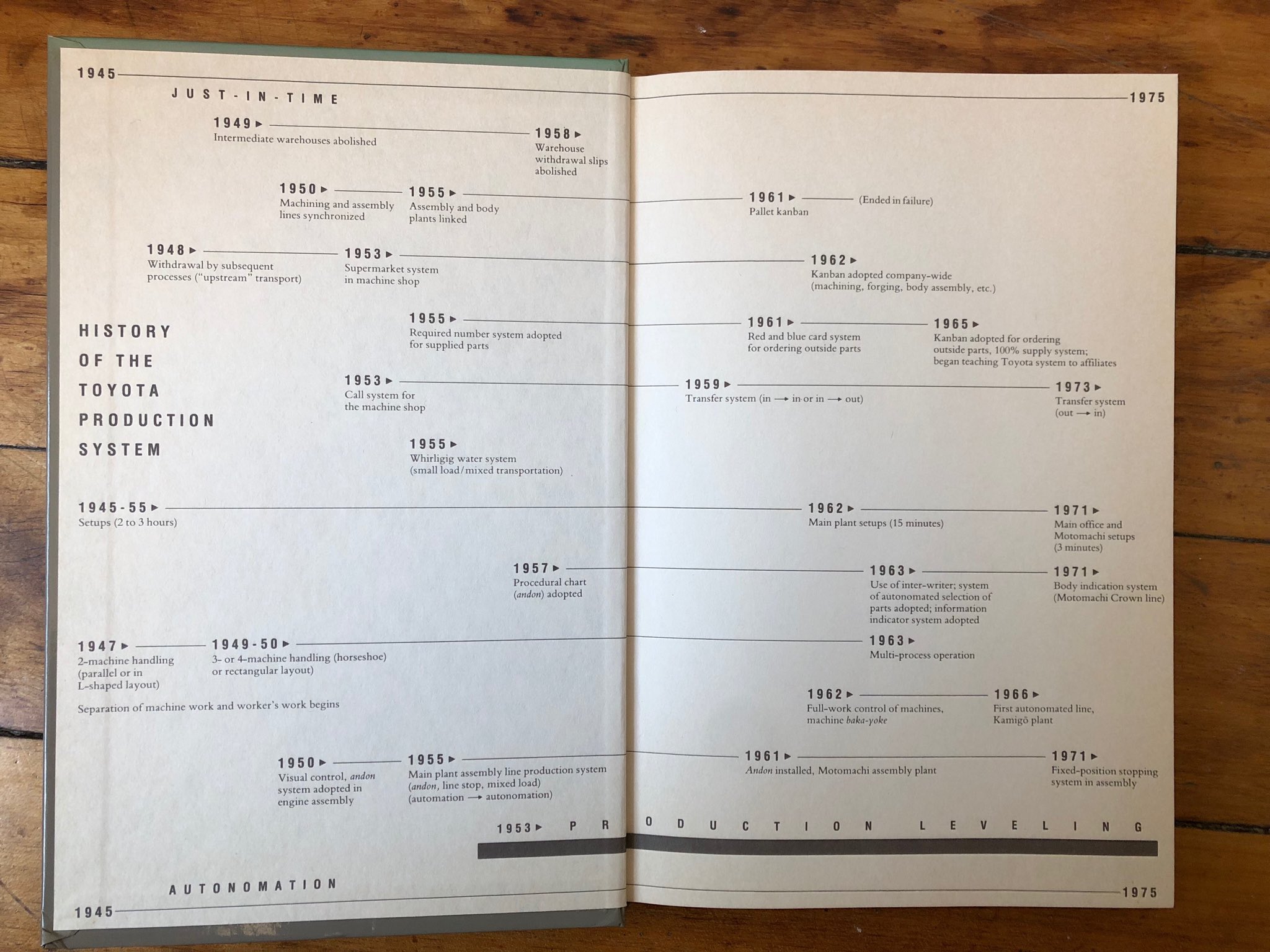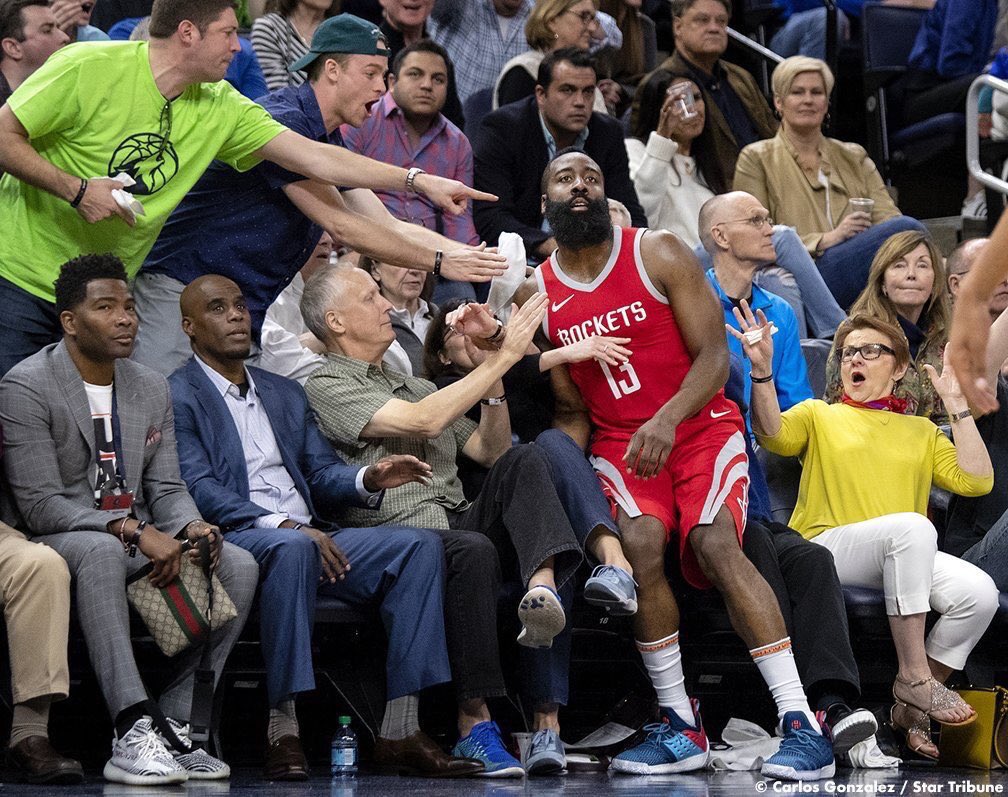Remainders: From Maslow to Marshmallows
- The Cut had this totally crazy story of an NYC socialite grifter who went by the name Anna Delvey. "Anna looked at the soul of New York and recognized that if you distract people with shiny objects, with large wads of cash, with the indicia of wealth, if you show them the money, they will be virtually unable to see anything else. And the thing was: It was so easy."
- The craziest story in sports this week was easily this Ringer piece about Bryan Colangelo, President of Basketball Operations for NBA Philadelphia 76ers, being connected to a set of strange anonymous Twitter accounts. The handles tweeted inside info from the team and bad-mouthed Joel Embiid, the 24-year-old center they just paid $150 million. I legitimately can't think of another story like this in sports. The Sixers are "investigating" and most expect Colangelo to be fired, although internet sleuths have zeroed in on his wife as the likely culprit, not him. (As an aside, the Sixers were also at the center of what may be the second strangest story of this NBA season: How Markelle Fultz, the number one pick in the 2017 draft, managed to forget how to shoot.)
- Speaking of the the NBA, I've been waiting for someone to write a definitive story of how the NBA came to be a "pace-and-space" league full of threes, layups, and free throws. ESPN's Kevin's Arnovitz and Pelton are the men for the job: "Through much of the '90s, a basketball possession was commandeered by a coach on the sideline who shouted the set to the point guard, who transmitted that play call to the other four players on the floor. But today's fast-paced NBA teams have tossed away most of the playbook in favor of a series of basic principles and patterns that empower the guys on the floor to make decisions based on feel. Gentry, whose teams were ranked in the bottom half of the league in pace five times in his six seasons as a head coach before his arrival in Phoenix to join D'Antoni's staff, is himself a convert."
- The New Yorker profile of John Feeley, ex-Ambassador to Panama, is yet another story of a smart and capable person who has left government because of a combination of incompetence and purposefully harmful policies from the Trump administration.
We identity three specific negative effects in this regard: that the pyramid is a poor representation of Maslow’s [hierarchy of needs]; that the preoccupation with the pyramid obscures the context within which the theory was created and that by focusing exclusively on the pyramid, we miss the other contributions that Maslow’s thinking can make to management studies.The paper's authors even put together this handy video explainer. [embed]https://www.youtube.com/watch?v=3dFboMWMafo[/embed] Steve Kerr is back in the NBA Finals coaching the Golden State Warriors. Last week he had some strong comments about the NFL's anthem decision. If you're curious, the Times had a good profile of Kerr last year that tells the story of the assassination of his father in Beirut in the 1980s. The iconic Ali/Liston photo turned 53 last week. Favorite podcast episodes:
- a16z episode with Brian Arthur: Arthur is a Sante Fe institute guy and the author of the excellent The Nature of Technology, which offers a non-Darwinian evolutionary theory for all tech. It also turns out he's the guy who introduced the idea of lock-in in his 1989 paper "Competing technologies, increasing returns, and lock-in by historical events." The episode is pretty wide-ranging and covers a lot of Arthur's work (he's also done a lot around what he calls complexity economics).
- Another interview of Adam Davidson in my favorites this week. This time it's talking about Trump's financial corruption specifically, and money laundering generally, on The Josh Marshall Podcast.
 Speaking of books, here's every book Bill Gates has recommended over the last six years.
Twitter pointed out this photo of Rocket's star James Harden looks like a scene from a renaissance painting and, of course, there's a subreddit called AccidentalRenaissance.
Speaking of books, here's every book Bill Gates has recommended over the last six years.
Twitter pointed out this photo of Rocket's star James Harden looks like a scene from a renaissance painting and, of course, there's a subreddit called AccidentalRenaissance.
 The New York Times had a good op-ed on how segregation worked in the North. And here's Jelani Cobb on "Starbucks and the Issue of White Space".
Would you go to a republican doctor?
Some good stuff in this New Yorker book review of The Big Picture: The Fight for the Future of Movies (the author, Ben Fritz, was also on an excellent episode of Slate Money a few weeks ago), a book about the history and current state of the movie industry. This bit about the size of the rental market really surprised me:
The New York Times had a good op-ed on how segregation worked in the North. And here's Jelani Cobb on "Starbucks and the Issue of White Space".
Would you go to a republican doctor?
Some good stuff in this New Yorker book review of The Big Picture: The Fight for the Future of Movies (the author, Ben Fritz, was also on an excellent episode of Slate Money a few weeks ago), a book about the history and current state of the movie industry. This bit about the size of the rental market really surprised me:
Suddenly, there were video stores all over America that needed to purchase at least one copy of every major new Hollywood movie. In “Powerhouse: The Untold Story of Hollywood’s Creative Artists Agency” (Custom House), an oral history compiled by James Andrew Miller, Tom Hanks recalls the effect that this had on Hollywood in the eighties. “The industry used to be so flush with free money that it was almost impossible to do wrong even with a crappy movie, because here’s why: home video,” he says. By 1986, video sales and rentals were taking in more than four billion dollars. Income from home viewing had surpassed that of theatrical release.TILs from this week:
- We bleed horseshoe crabs to test for bacteria in medication and Eli Lilly has announced they're going to start using a synthetic for instead, reducing their need for crab blood by 90%.
- There's a wasp that checks incapacitates a spider, checks to see if someone else has laid eggs inside it, removes if necessary, and lays its own eggs. (Strange wasps seems to be a thing I'm running into a lot. The Rebecca Solnit piece about Trump that I mentioned last week also included a bit about a parasitic wasp that was so diabolical it was named Set, after the Egyptian god of evil and chaos.)
- A "magic eye" poster is called an autostereogram: "An autostereogram is a single-image stereogram (SIS), designed to create the visual illusion of a three-dimensional (3D) scene from a two-dimensional image. In order to perceive 3D shapes in these autostereograms, one must overcome the normally automatic coordination between accommodation (focus) and horizontal vergence (angle of one's eyes). The illusion is one of depth perception and involves stereopsis: depth perception arising from the different perspective each eye has of a three-dimensional scene, called binocular parallax."
These are summed up in a motto frequently cited by one of China’s leading economists, Justin Lin, who attributes it to Premier Wen Jiabao: “When you multiply any problem by China’s population, it is a very big problem. But when you divide it by China’s population, it becomes very small.” The point is simple, though easy to miss: China’s size means that any challenge it faces—unemployment, environmental degradation, social unrest, you name it—exists on an almost unimaginably large scale. But it also means that the resources available to tackle the problem are gigantic. The difficulty lies in marshaling all those resources and deploying them effectively.This question/answer from NYTimes/Gladwell about the kinds of stories that fascinate him fascinated me:
Are there certain ideas that you find yourself drawn to again and again? For example, you’ve used the threshold model of collective behavior to explain both school shootings and why basketball players don’t shoot free throws underhand. I like ideas that absolve people of blame. That’s the most consistent theme in all of my work. I don’t like blaming people’s nature or behavior for things. I like blaming systems and structures and environments for things.
On the subject on blaming systems not people, it looks like the famous marshmallow experiment missed the systemic nature of what allows certain kids to be better at delaying gratification:
Ultimately, the new study finds limited support for the idea that being able to delay gratification leads to better outcomes. Instead, it suggests that the capacity to hold out for a second marshmallow is shaped in large part by a child’s social and economic background—and, in turn, that that background, not the ability to delay gratification, is what’s behind kids’ long-term success.Finally, after failing to get a recommendation from Consumer Reports because of braking issues, Tesla was able to push out a software update that improved stopping significantly enough that CR upgraded to a recommend. Perfect example of how software is eating the world. Ok, that's it for this week. Thanks for bearing with me while I tried to get this out. If there's anything I should definitely check out that I didn't mention, please send it my way. Otherwise please share this with your friends and, if you haven't already, subscribe to the email. Thanks and have a great week.